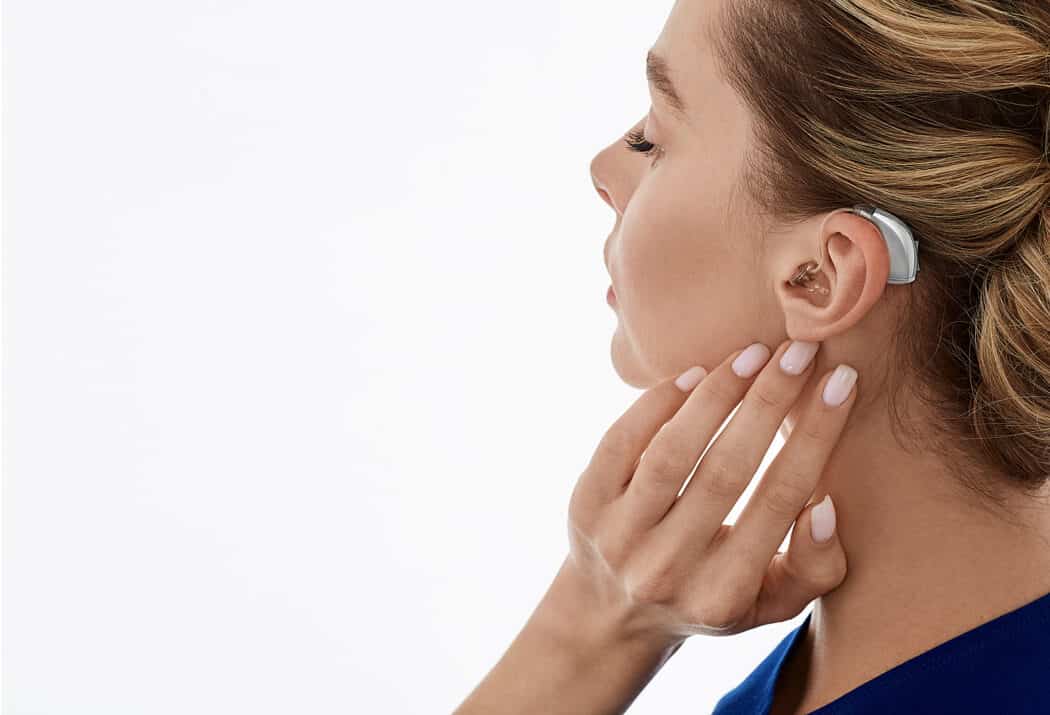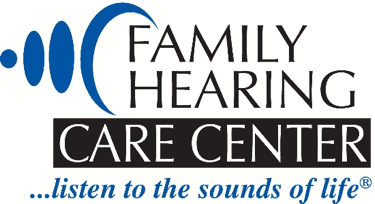
Questions about Your New Hearing Aids Answered
Have you been thinking about hearing aids lately? Are you finding that you need to ask for people to repeat themselves more and more often? Do you find it hard to hear over the phone or struggle to hear the TV even when it’s turned up to its maxed volume? Hearing loss is incredibly common, especially as we age. One in three people 65 and older suffer from hearing loss and this number jumps to half of all people 75 and up. While hearing loss is irreversible in most instances, the good news is that hearing aids can help.
The first step is scheduling a hearing exam where we can help you determine the specific hearing loss affecting you, as everyone is affected slightly to different degrees. The next step is to choose your hearing aids—which is more difficult than it may sound. There are so many features, styles and options for hearing health these days that it can feel overwhelming. The good news is that we are here to help. Here are some commonly asked questions about hearing aids that can help you make the best choice for you.
How Long Will It Take to Adjust To My New Hearing Aids?
When you get a new pair of properly prescribed glasses, they will correct your vision the moment you put them on. Hearing aids in comparison take time to adjust to. Don’t expect overnight results. Most people live with hearing loss of some degree for seven to ten years before they seek treatment. During this time auditory deprivation sets in and your brain becomes unaccustomed to hearing all the tones and pitches that hearing aids help you hear. Even the sound of your own voice will sound jarring at first.
The important thing to keep in mind is to not give up. Start wearing your hearing aids for an hour at home at first and gradually build up over two weeks. Shortly after this point the majority of people find they can’t imagine life without amplified hearing.
How Well Will I Hear?
The goal is not only better hearing, but speech comprehension. The number one goal of hearing aids is to deliver as much relevant information to your brain as possible. Not only does this provide better speech comprehension but more alertness around the sounds in your environment. This can allow you to be safer everyday as you navigate the world in addition to improved communication.
Your hearing aids are programmed based on your hearing exam to amplify the specific sounds and tones you struggle to hear, which means that while your hearing won’t be perfect, you will be able to hear a lot of sounds that people with normal hearing have access to.
How Long Will My Hearing Aids Last?
Most hearing aids have a life span which can be as short as three years and as long as seven. While this may seem like a short time, consider just how much work these amazing devices do every day. For hearing aids to work to their best it’s important that you put them in the moment you wake till the time you go to bed, only to be removed when bathing or swimming. That’s more quality time you’ll spend with hearing aids than most people in your life. Your hearing aids ideally will go everywhere with you, which means they also sustain a lot of wear—especially for a tiny digital device.
To get the most life out of your hearing aids, we can recommend a care routine which includes cleaning and inspecting them for damage at the end of every night along with your evening hygiene routine. This includes wiping away dirt debris and earwax, as well as cleaning away build up in cracks gently with a tiny pick. If a crack or loose tube occurs, you will be able to identify it and either fix it yourself or take it to us for repairs.
When do I know it’s time to Upgrade?
Hearing aids are rapidly evolving and pushing the limits of digitalized micro processing, providing superior sound quality and adaptive hearing programs. Your hearing loss often changes over the years without you being aware. We recommend attending annual hearing exams to make sure your hearing aids are programmed optimally for your hearing loss. Schedule your next hearing exam with us today.
